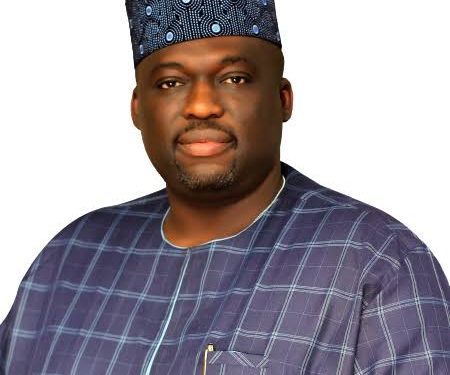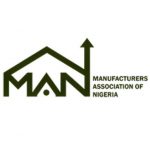Manufacturers in Ogun State are expressing optimism about the future of the sector following a challenging period marked by unsold inventory, soaring costs, foreign exchange scarcity, and infrastructural challenges, according to George Onafowokan, Chairman of the Manufacturers Association of Nigeria (MAN), Ogun State Chapter.
In 2024, Onafowokan revealed that the unsold inventory of manufacturers had risen to N350 billion, primarily due to high exchange rate losses, forex scarcity, and infrastructure decay that hampered productivity. However, in an interview, he pointed to an improving situation in the first quarter of 2025, with new manufacturing companies emerging and existing ones regaining stability.
“The 2023-2024 figures were very bad,” Onafowokan noted. “Exchange rate losses were very high, and almost no manufacturer was not declaring losses during that period. It was a bad year for everyone, which also resulted in significant unsold stocks.”
Despite the challenges of 2024, Onafowokan commended manufacturers for their resilience, acknowledging that the sector’s unique nature—where factories cannot simply close or shut down like trading businesses—made the period even more difficult.
“The manufacturing sector is the only sector that licks its wounds in any bad situation because we cannot go anywhere. We cannot sell off our machines just because we’re unhappy. Unlike traders with warehouses, manufacturers cannot easily let go of skilled personnel or equipment,” he explained.
However, he highlighted that stock levels of unsold goods had significantly reduced as the market became more stable. “We have moved away from one and a half years of bad situations into a more stable environment as the market has started moving upwards,” he said. “From the manufacturer’s perspective, there’s positive optimism because of the stability, which has enabled better long-term decisions. New factories are opening, and old ones are finding their balance.”
A key factor in the recovery, according to Onafowokan, has been the improved availability of foreign exchange (FX) and greater transparency in the forex market. “Previously, even at N440 per dollar, FX was inaccessible. But now, at N1,537, it’s more accessible within a reasonable margin,” he remarked, attributing the positive changes to the Central Bank of Nigeria’s introduction of the Electronic Foreign Exchange Matching System in December 2024. This has improved market transparency, reducing speculation and allowing manufacturers to better plan and price their products.
“The improved FX market has allowed manufacturers to better predict costs within a small margin, which is crucial for stability. We are making better business decisions now compared to a year ago,” he added.
Despite the positive outlook, Onafowokan urged the Central Bank of Nigeria to continue stabilising the forex market and to ensure that interest rates continue to decline. “It’s important to solidify these gains so that manufacturers can take long-term positions, expand operations, and create more opportunities in the sector,” he concluded.
With these developments, Ogun State’s manufacturing sector is poised to build on its recovery, fostering a more stable environment for businesses to thrive and grow.










